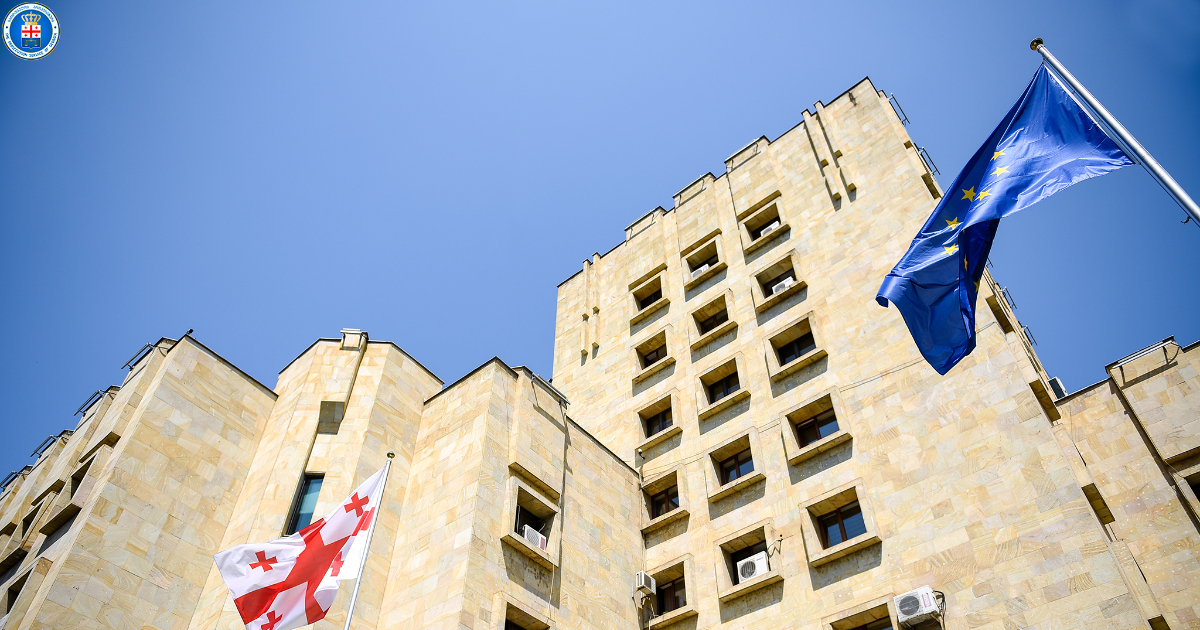German ambassador: adoption of foreign agents bill “inconsistent” with Georgia’s EU aspirations

Author
Front News Georgia
Peter Fischer, the German ambassador to Georgia, on Monday tweeted the adoption of the bill on transparency of foreign influence, proposed by the members of the parliamentary majority, would be “inconsistent with Georgia’s EU aspirations”, as well as with the bloc’s “norms and values.”
The diplomat cited the EU’s diplomatic service as saying that two bills on foreign agents offered by former members of the Georgian ruling party who still remain in the parliamentary majority had triggered “serious concerns”.
“Creating and maintaining an enabling environment for civil society organisations and ensuring media freedom is at the core of democracy. It is also key to the EU accession process and part of the 12 priorities, notably priority seven on media freedom and priority 10 on the involvement of civil society”, the EU said, stressing “the draft law’s adoption would be inconsistent with these aspirations and with EU norms and values”.
The bloc encouraged the political leaders in Georgia to adopt and implement reforms “that are in line with the stated objective of joining the EU, as supported by a large majority of Georgia’s citizens”.
Two bills on the transparency of foreign influence have been offered by the People’s Power movement, with the authors claiming one of the two bills that had been “based on the US legislation”, was “far more strict”, than the Georgian version that “only obliges domestic NGOs and media organisations to register if they receive more than 20 percent of their incomes from abroad”.
The bills have already been backed by foreign affairs and defence committees of the parliament amid protests, as the international community and domestic players expect the adoption of the “Russian law” would “stigmatize and restrict” the activities of the country’s civil sector and independent media outlets.
The bill is now being discussed at the legal affairs committee amid allies outside the legislative body.
Tags:





